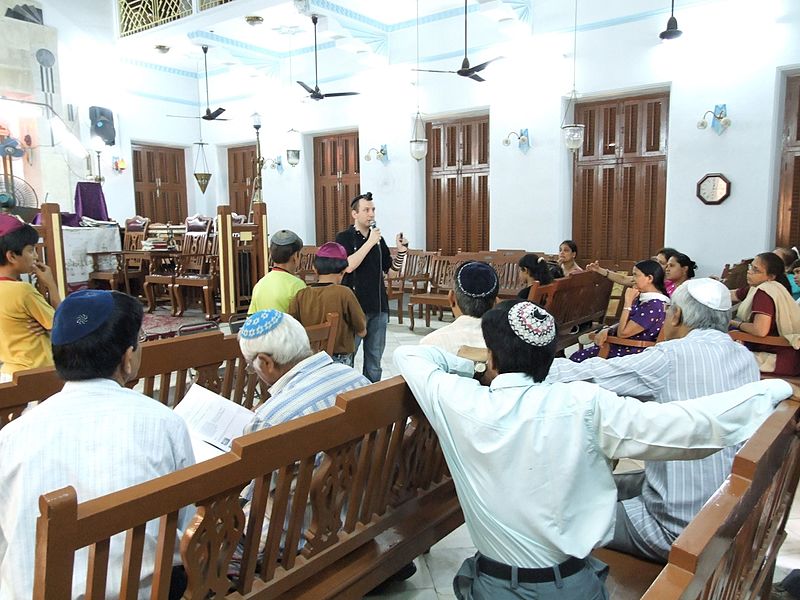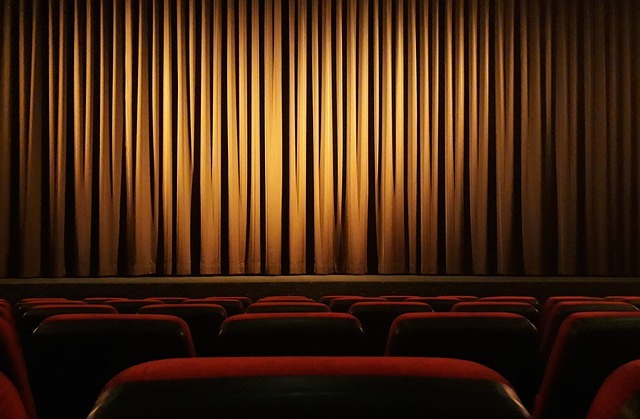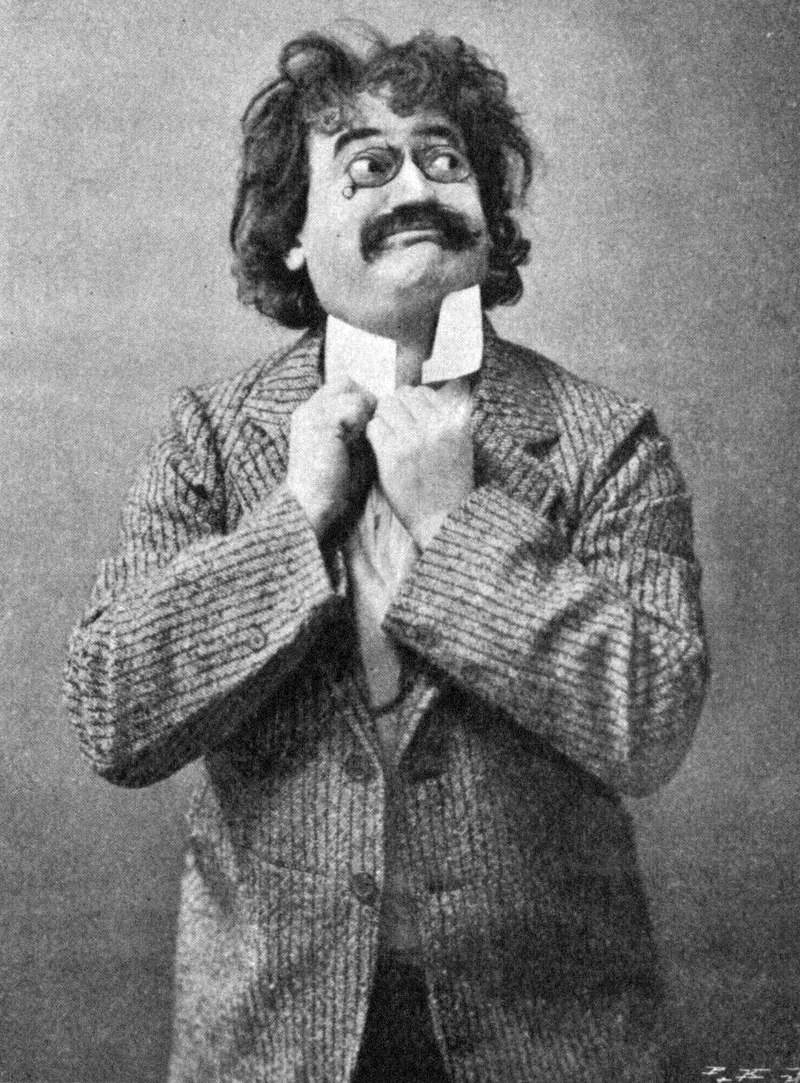admin
The terms and conditions set forth in this Contract shall govern the relationship between Jewish TV Channel (JTVC) and the advertiser and agency (agency when that applies). Unless expressly agreed to in writing by JTVC, no other terms or conditions appearing in contracts, orders, insertion instructions or otherwise will be binding on JTVC. Except as otherwise noted, these terms and conditions will apply to advertising appearing in JTVC products or in products represented by JTVC.
All advertisements are accepted by JTVC entirely on the representation that the agency or advertiser is duly authorized to publish the entire contents and subject matter and shall be jointly and severally responsible for payment thereof. In consideration of the publication of advertisements, the advertiser and agency, jointly and severally, will indemnify and save harmless JTVC, its affiliates, directors, officers, agents and employees, from any loss, liability, or expense (including reasonable attorneys’ fees) incurred as a result of any claim, proceeding or suit for libel, violation of the right of privacy or publicity, plagiarism, copyright or trademark infringement and any other claim, proceeding or suit based on the contents or subject matter of such advertisements.
JTVC reserves the right to reject or cancel any advertising for any reason at any time. Any such rejection or cancelation shall not by any reason whatsoever exonerate the advertiser from its financial obligation towards the rejected advert and the advertiser and/or agency shall be liable for the space reserved for such advertisement and shall pay the amount that the advertiser and/or agency otherwise would have paid had the advertisement appeared. Furthermore, JTVC reserves the right to modify any ad copy at its own discretion and/or to demand from the advertisers to make any changes to satisfy JTVC’s policies. Acceptance of an advertisement for publication does not guarantee that it will be published in any particular media, issue or territory. JTVC is under no obligation to publish any advertising in its website or websites unless specifically agreed in writing. JTVC does not guarantee the circulation or the website traffic of any media pertinent to this contract. JTVC and any other media pertinent to this contract reserve the right to distribute their products by any distribution means, at their own discretion.
In consideration of JTVC reviewing for acceptance, or acceptance, of any advertising for publication, the agency and/or advertiser agree not to make any reference to JTVC in any way without the prior written consent of JTVC in each instance.
The liability of JTVC (including JTVC’s, executives, employees, parent company, directors, owners, shareholders or editor) for any act, error, or omission for which it may be held legally responsible shall not exceed the cost of the space ordered or occupied by the error. JTVC will not, in any event, be liable for any consequential or special damages, including, but not limited to lost income or profits. JTVC specifically assumes no responsibility for errors in key numbers or any other errors. JTVC shall not be subject to any liability whatsoever for any failure to print, publish or circulate any issue or issues, or parts thereof, or to otherwise fulfill an order, occasioned by any reason within or beyond JTVC’s control, whether related to its own products or any media it represents. Failure of JTVC, or any other media it represents, to print, publish, circulate, make available or fulfill advertising shall not operate as a breach of the advertising contract.
JTVC shall, at its own discretion, instruct the advertiser to deal directly with the media it represents, for the production of its ad and all other related publishing matters except payment. Advertiser understands and agrees that any claim pertinent to his advertisement shall be directed to the media entrusted for the publishing of its ad.
JTVC is not responsible for the errors or omissions in, or the production quality of, furnished inserts. A production proof (or facsimile, if one is not available) of any furnished insert must be supplied to JTVC prior to printing of the insert. The advertiser and/or agency shall be responsible for any additional charges, including but not limited to charges associated with delays, incurred by JTVC arising out of the advertiser’s and/or agency’s delivery of defective inserts and failure to deliver furnished inserts pursuant to JTVC’s specifications, including print orders.
It is the sole responsibility of the advertiser to request copy changes to his ad. If written copy instructions are not received by the first day of the calendar month prior to an upcoming issue or the agreed upon publishing date, no guarantee can be given that proofs will be supplied or copy changes made and JTVC reserves the right to repeat the prior month’s or the most appropriate copy according to the JTVC’s own discretion. In the event that JTVC is unable to publish the furnished inserts as a result of such failure to comply, the advertiser and/or agency shall remain liable for the space cost of such inserts. In addition, if an advertisement does not appear as a result of the act or default of the advertiser and/or agency, the advertiser and/or agency shall be liable for the space reserved for such advertisement and shall pay the amount that the advertiser and/or agency otherwise would have paid had the advertisement appeared.
All restrictions on the placement of advertising, including but not limited to, positioning, separations, facings, editorial adjacencies or other stipulations, are at the sole discretion of JTVC or the media it represents. All advertising position clauses will be treated as requests, and fixed positioning is not guaranteed. JTVC makes no guarantee that advertisements in print publications will not face subscription cards or be backed by coupons. JTVC’s inability or failure to comply with any positioning request shall not relieve the advertiser and the agency of the obligation to fully pay for the advertising.
No Guarantee of Results: Advertiser hereby acknowledges that, as with many advertising activities, it is not possible to guarantee that the performance of JTVC advertising services will be successful within a specified time frame or at all. In particular, the advertiser further acknowledges that it is not possible for JTVC or any other media platform related to JTVC to guarantee that the performance of ads, listings or posts of any kind, will generate any positive results for the advertiser. Furthermore, advertiser acknowledges that their advertising on JTVC platforms are not guarantee to generate any results or clicks or hits, or calls from interested parties or will lead to any profits or gains of any kind to the advertiser. Advertiser also hereby acknowledges and agrees that JTVC shall not be liable for the failure of the performance of its services to generate any useful results.
No Guarantee of Visitors, hits or page views: Advertiser hereby acknowledges that JTVC do not guarantee a specific number of visitors to any of its websites or platforms in any given time frame. References to any metrics or visitors behavior, if any, are for the sole purpose of a general discussion concerning the nature of services and are not intended to be relied upon by advertisers.
Refund Policy: Once payment is received by JTVC work will begin shortly afterwards by JTVC and / or through its sub contractors. Refunds given at our discretion are subject to receiving written notification only within 24 hours of payment being made for a JTVC product, and by using our form on jewishtvchannel.com/contact, to notify us of a refund request. JTVC cannot accept any late refund requests beyond that 24-hour period.
JTVC Rights: JTVC reserves the right to change its own advertising rates and policies and those of the media it represents at any time without prior notice. Payments for advertising are due from the date of this contract. Digital advertising files and proofs are retained for 3 months or less. JTVC shall be entitled to reproduce, republish and distribute any advertisement in any medium (print, electronic or otherwise), and as part of any service, in which its products or the media it represents are published or made available under license from JTVC.
All advertising copy that represents the creative effort of JTVC and/or the utilization of creativity, illustrations, labor, composition or material furnished by it, is and remains the property of JTVC, including all rights of copyright therein. Advertiser understands and agrees that it cannot authorize photographic or other reproduction, in whole or in part, of any such advertising copy for use in any other medium without JTVC’s prior written consent. Prices quoted in this website or sent to advertisers do not include any graphic work.
Advertiser Obligation: Advertiser agrees to treat as confidential information of JTVC the terms and conditions of their Contract. Advertiser will not provide such information to any person or entity (whether or not affiliated with advertiser) without prior written consent of JTVC.
If advertiser shall fail to pay any bill within 30 days from the date of this contract, JTVC may terminate this contract without notice and advertiser shall upon demand pay JTVC for all advertising space contracted by advertiser. It is further understood and agreed that in the event it becomes necessary to engage the services of any collection agency or attorney to collect payment for advertising space and related charges and services, the advertiser agrees to pay reasonable attorney fees and all collection costs in both pre-judgment and post-judgment collection actions. Client fully understands and agrees that this contract cannot be canceled or terminated by the client at any time or for any reason and that payments are not refundable.
The clauses stipulated in this Advertising Contract shall be in effect for all orders placed by phone, email, whatsapp, verbally or by any other communication means. The clauses stipulated in this Advertising Contract shall override the clauses of any prior expired agreement. This Contract shall automatically renew for consecutive subsequent periods equal in length to the initial term, unless the advertiser gives a written notice of non-renewal at least one month before the end of the Initial Term.
By placing advertising with JTVC, advertiser and agency agree to be bound by the terms of this Contract. This contract shall be governed by and construed in accordance with the substantive laws of the state of Israel. Any civil action or proceeding arising out of or related to this contract shall be brought in the courts of record of the state of Israel. Advertiser and agency each consent to the jurisdiction of such courts and waive any objection to the laying of venue of any such civil action or proceeding in such courts.
Aliyah Bet tells the dramatic story about smuggling Jews into the fledging pre-state Israel, under British rule. Aliyah Bet is the name given to this undertaking. Don’t miss this first episode from the son of a renowned hero of the operation to secrete Jewish refugees onto the shores of their promised land, by breaching a British naval blockade.
What do you guys think of Noah? Who was he? The story of Noah’s Ark. This video demonstrates how the story of Noah has permeated the teachings of countless religions, including Islam, Christianity, among many others. Accordingly, as many men of science try to disprove the veracity of the Jewish Biblical narrative, this refreshing look at who Noah was provides a fascinating journey into our universal heritage.
What a beautiful holiday has been given to us! Sukkot is an absolute joy for children of all ages. Also in this time of getting back to nature, what better way to do it then to rejoice in a hut made of natural material?









